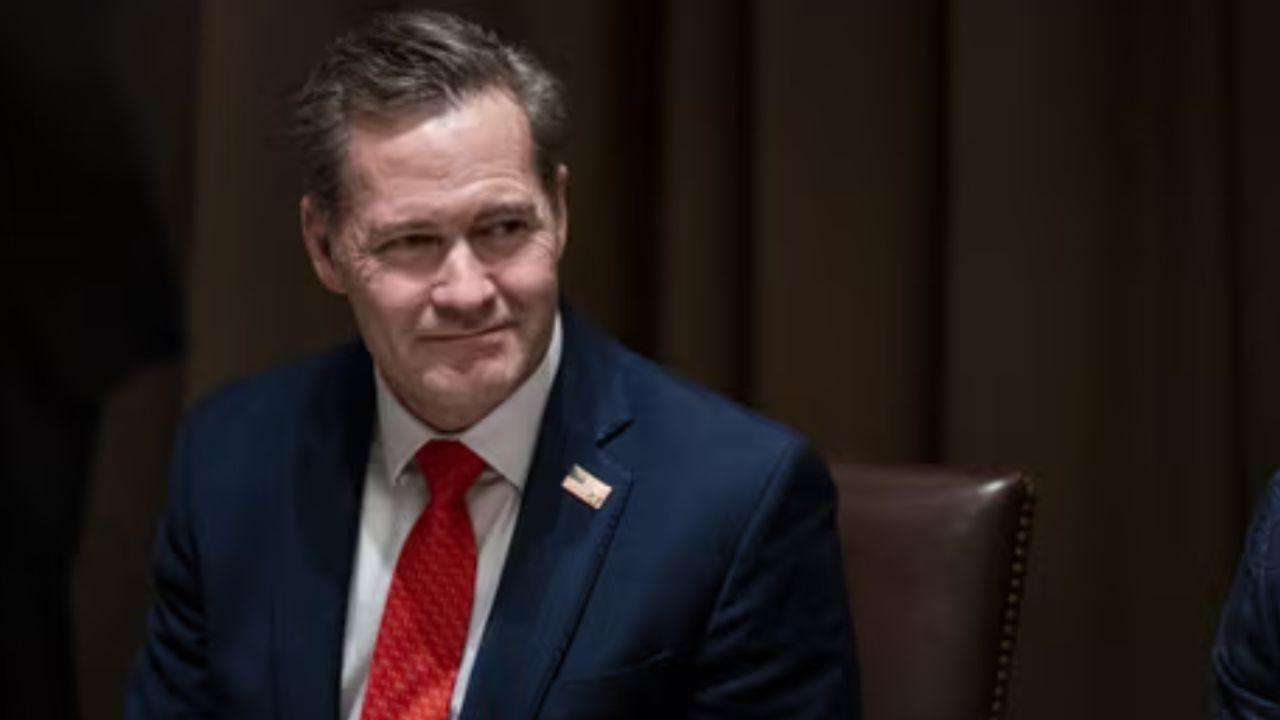U.S. President Donald Trump is removing National Security Adviser Mike Waltz from his position, according to four individuals familiar with the decision—marking the first major change in Trump’s inner circle since his return to office in January. Waltz's deputy, Alex Wong, a specialist on Asia who previously worked on North Korea policy during Trump’s first term, is also set to depart, two sources told Reuters.
Waltz, 51, a former Republican congressman from Florida, faced internal criticism following a March incident in which he mistakenly added The Atlantic’s editor to a Signal chat where top national security officials were discussing details of a planned U.S. military operation in Yemen. The editor published a report on the mishap, which sparked backlash within the White House.
Although the national security adviser role is highly influential and doesn't require Senate confirmation, no successor has been officially named. However, potential replacements include U.S. special envoy Steve Witkoff—who has been active in both Middle East and Russia-Ukraine diplomacy—and Deputy Secretary of State Christopher Landau. Secretary of State Marco Rubio could temporarily fill the role while a permanent replacement is finalized, sources indicated.
Waltz's departure follows a turbulent period within Trump’s national security team. Since April 1, over 20 staffers from the National Security Council (NSC) have been dismissed. The director of the NSA has also been replaced, along with three senior Pentagon political appointees. This wave of firings has damaged morale, with reports of key departments being understaffed and struggling to attract experienced professionals.
The NSC, a crucial body for coordinating U.S. national security strategy, has been hit hard by these purges. Many terminations followed a White House meeting where far-right figure Laura Loomer presented Trump with a list of allegedly disloyal NSC officials. Several of those fired were seasoned conservatives, baffling their colleagues.
Sources say staffers were frustrated by Waltz’s lack of defense for his team during this time. The ongoing turmoil has reportedly discouraged qualified candidates from accepting positions, leaving areas like Latin America and Africa policy without senior leadership.
In addition to the Signal incident, Waltz was seen by Trump as overly aggressive in his foreign policy stance and ineffective in uniting government agencies. One insider noted that Trump had waited until after the symbolic 100-day mark in his term to make such a high-level dismissal.
Waltz’s removal may raise concerns among U.S. allies in Europe and Asia who viewed him as a stabilizing force within the Trump administration. In contrast, Democratic critics, angered by the Signal controversy, welcomed the news. “About time,” said Senator Adam Schiff.








.svg)


